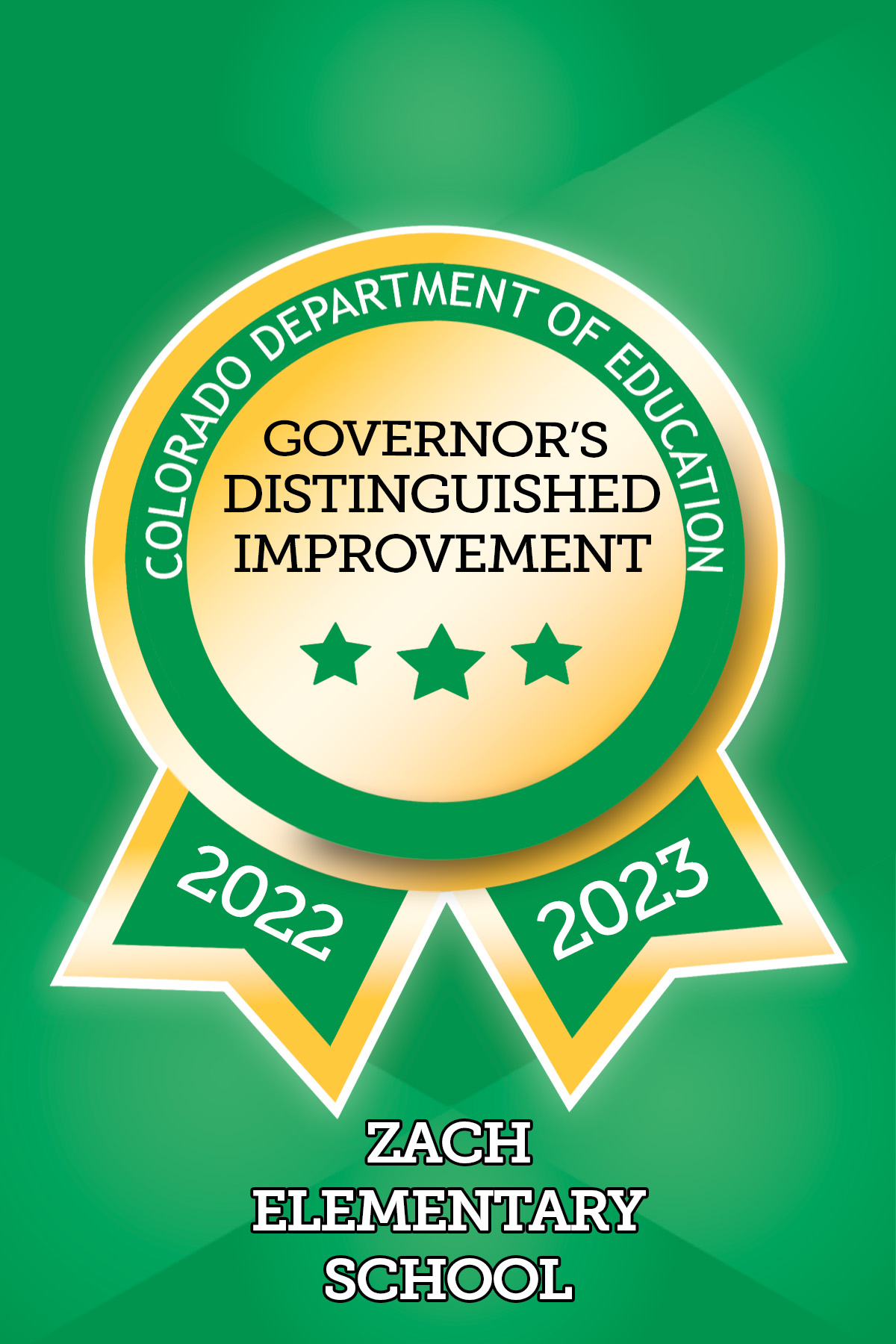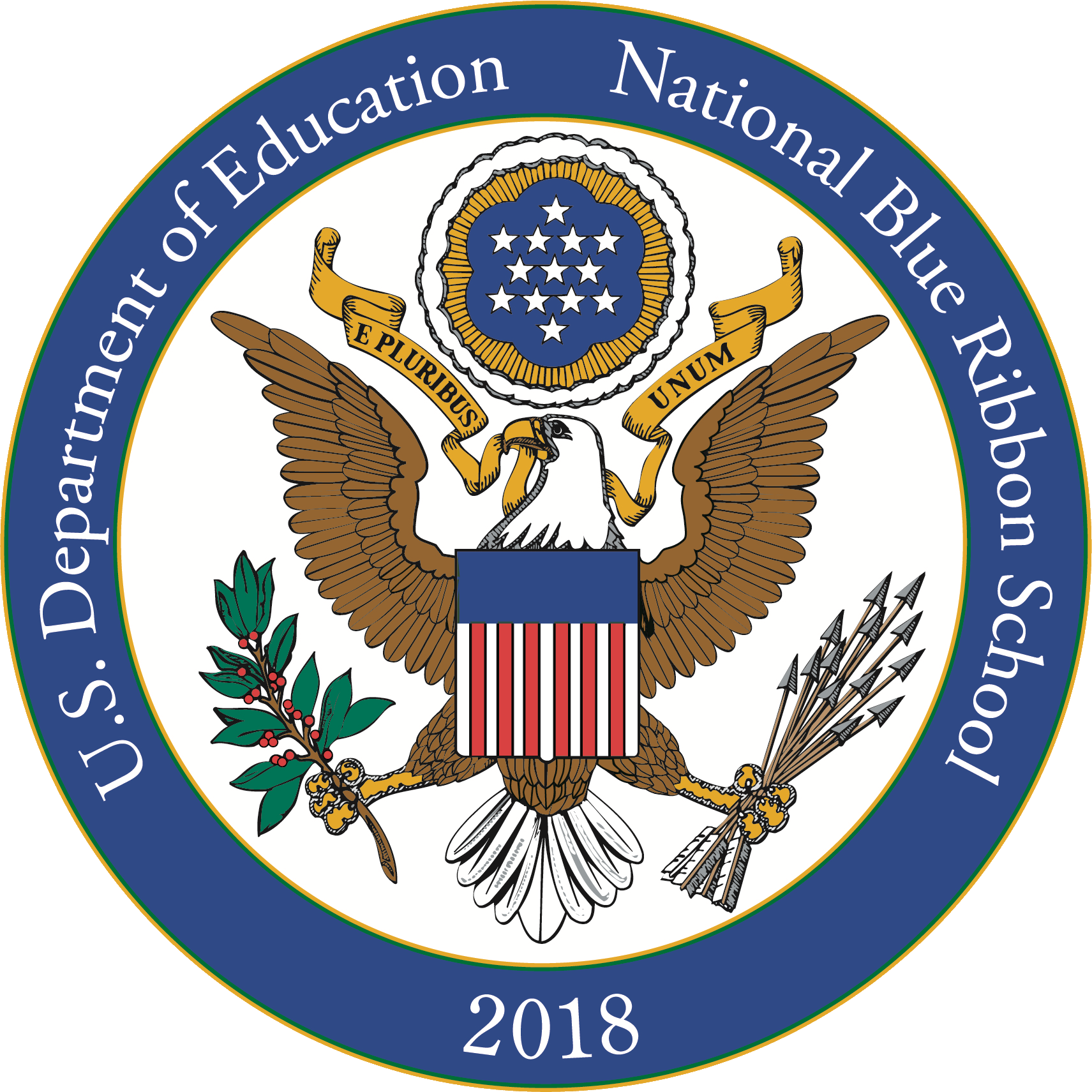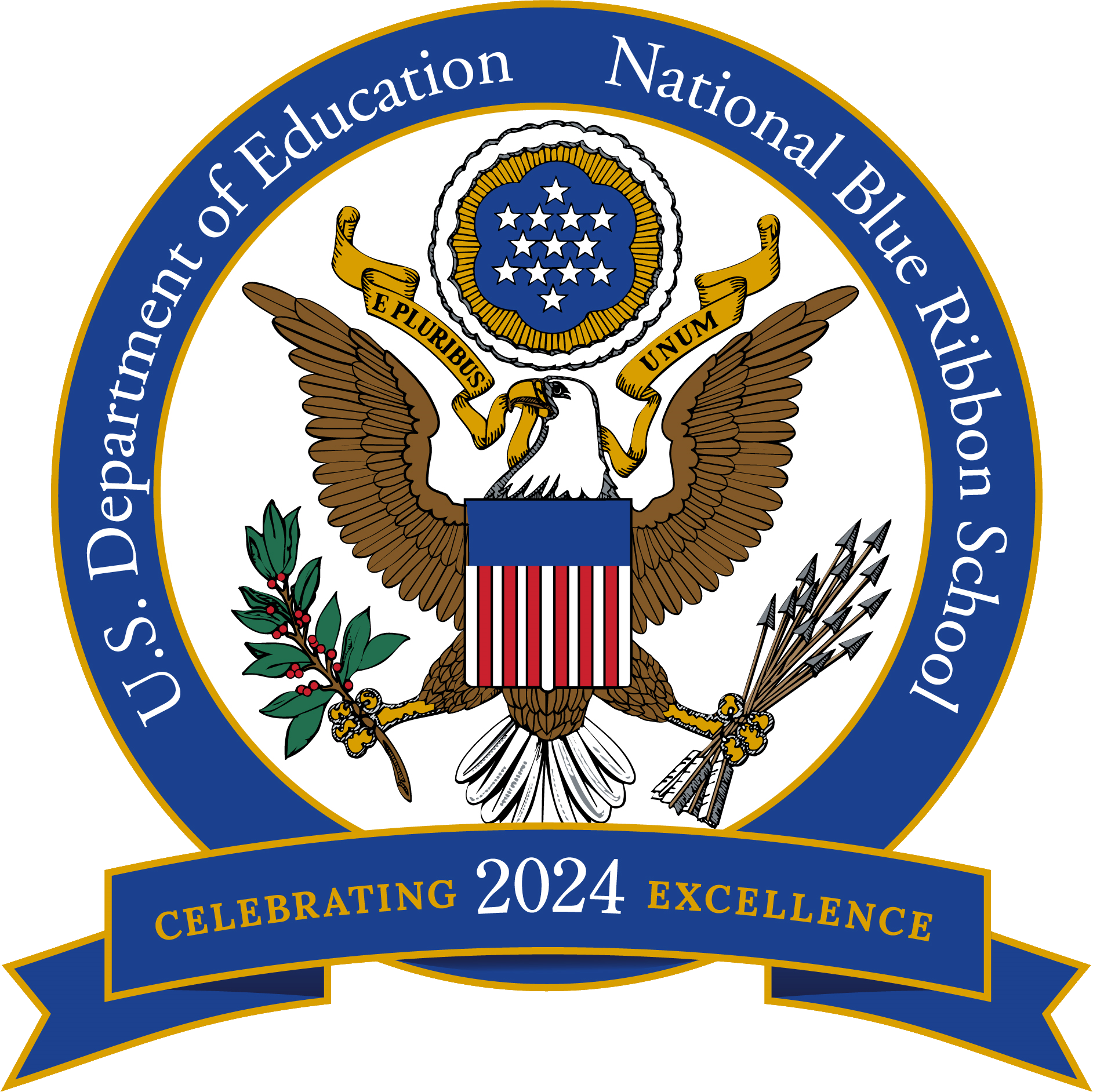What do we expect our students to learn?
Core Knowledge Curriculum
The idea behind the Core Knowledge Sequence is simple and powerful: knowledge builds on knowledge. For the sake of academic excellence, greater fairness, and higher literacy, Core Knowledge provides a core curriculum that is coherent, cumulative, and content-specific in order to help children establish strong foundations of knowledge, grade by grade. The Core Knowledge Sequence is a detailed outline of specific content (and skills) taught in English/language arts, history, geography, mathematics, science, and the fine arts.
Academic Environment
The Core Knowledge Sequence details the specific content to be taught in kindergarten through eigth grade in the areas of language arts, history (American and world), geography, music, visual arts, mathematics, and science. The Core Knowledge curriculum exposes children, early on, to interesting and demanding subject matter, and then builds on that, year by year, in a carefully developed sequence manner. For more information about Core Knowledge, please see the Core Knowledge Foundation website at http://www.coreknowledge.org
Mathematics Pathways and Placement
How will we know they are learning?
District and State Assessments
CDE Colorado Academic Standards
Homework
Homework provides extra practice of skills and reinforcement of what has been taught at school. Parents are encouraged to work with their children at home to practice skills taught at school. Teachers at each grade will determine the type of homework assignments that are developmentally appropriate for their grade level. Home reading will be an expectation nightly at every grade level. Students enrolled in our Gifted and Talented program may be assigned the higher than average amount of homework.
Grading
Report cards are sent home two times a year at the conclusion of each semester.
How will we respond when they don't learn?
How will we respond if they have already mastered it?
Advanced Learning Plans (A.L.P.)
Advanced Learning Plans will be completed after work samples have been collected, learning surveys completed, student reflections written and conferences between the student and teacher have been held. A.L.P.s will be completed after Thanksgiving. A new focus for Poudre School District's ALPs, in addition to academic growth, now also include a Social and Emotional growth goal.
District Process
Gifted students are capable of high performance, exceptional production, or exceptional learning behavior by virtue of an area of giftedness. PSD’s Gifted and Talented program allows for a higher degree of complexity, compacted standards, grouping by readiness/ability, and a focus on problem solving skills. Students begin GT programming in 3rd grade, the identification process, that aligns with state law, starts in 2nd grade. Identified students must demonstrate 3 qualifying indicators/scores across 2 bodies of evidence.
What is the Body of Evidence?
|
Achievement Measure of Academic Progress (MAP) STAR Assessments Colorado Measure of Academic Success (CMAS) |
Behavior Characteristics Scales for Identifying Gifted Students (SIGS) |
|
Intellectual Ability/Aptitude Cognitive Abilities Test (CogAT) Kaufman Brief Intelligence Test (KBIT) Naglieri Nonverbal Abilities Test (NNAT) Torrance Test of Creative Thinking |
Demonstrated Performance Portfolios Performance Tasks/Observations Interviews Products and Presentations |
Students can be identified in math and/or reading. Each identified GT student with parent input, develops an Advanced Learning Plan (ALP) annually with goals focused on their skills and needs in cooperation with school staff. At Zach, our identified GT students experience advanced learning opportunities in reading and/or math. Students also may experience compacted standards in math.
Gifted and Talented Screening (3 scores needed):
- All PSD Students
- MAP (2nd – 5th)
- CogAT ( 2nd)
- STAR
Criteria:
- THREE qualifying indicators
- Span TWO different areas of the Body of Evidence
- Cognitive and achievement
Body of Evidence:
- Achievement scores (MAP & STAR)
- Intellectual ability/ aptitude (CogAT)
- Behavior characteristics
- Demonstrated performances
Qualifying Indicators:
- 95th percentile or higher on MAP or STAR
- 95th percentile or higher on CogAT
- Demonstrated performance
- Behavioral characteristics
Advanced Learning Plan (ALP)
- Service providers
- Context area goals
- Written annually
ALP Goals:
- Math and/or Reading goal
- Social/Emotional goal
Students new to PSD
Students entering PSD from another district in Colorado or from another state or country
can still qualify for gifted services. If the student has already been receiving gifted services in
a previous school, the GT Site Coordinator will examine assessments that have already been
administered, and he/she will determine if the student meets PSD criteria of 3 indicators in
at least 2 different areas of the body of evidence. It is important to notify the GT Site
Coordinator at your child’s school as soon as possible so that he/she knows to
begin the process of reviewing previous assessments for gifted identification in
PSD. While a student might have received gifted services in another district or state, it is
still necessary for previous assessments to be reviewed in order to determine if the student
meets the criteria for PSD. Sometimes other assessments must be administered if previous
assessments do not meet the district criteria.
If a student has not been identified previously but shows potential, an educator or parent
can complete a referral form and submit it to the GT Site Coordinator to begin the process.
Note: A referral form does not equal identification. It merely begins the process of further
investigation. A PSD educator must approve all PSD administered assessments.
http://www.psdschools.org/department/gifted-and-talented






